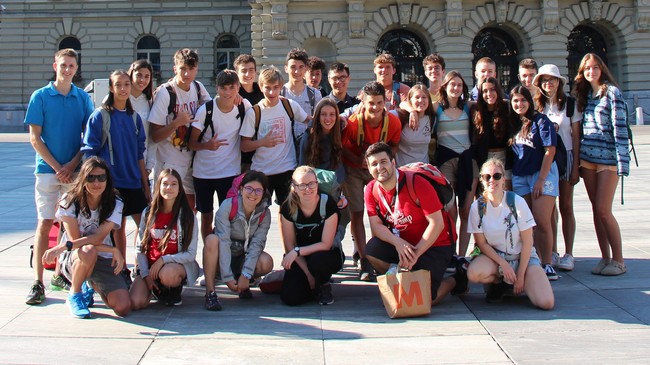
US imposes sanctions after aborted sale of Russian tycoon stake

(In paragraph 2, corrects bid to 1.5 billion euros, not $1.5 billion euros, adds currency conversion)
WASHINGTON/FRANKFURT (Reuters) – The U.S. Treasury has sanctioned a web of Russian companies it said were used to disguise ownership of a $1.5 billion industrial stake controlled by a Russian tycoon, warning Western companies to steer clear of such deals.
The step concerns a recently aborted bid by Austria’s Raiffeisen Bank International (RBI) to buy a roughly 1.5 billion euro ($1.6 billion) industrial stake linked to Russian tycoon Oleg Deripaska, said a person with direct knowledge of the case.
A spokesperson for Raiffeisen said that the U.S. Treasury announcement validated the bank’s earlier decision to “walk away” from the deal.
“Treasury will continue to take action to … stop evasion by the Kremlin and its oligarch enablers,” said U.S. Under Secretary of the Treasury for Terrorism and Financial Intelligence Brian Nelson.
“Anyone still doing business in or with Russia should be skeptical of any supposed divestment schemes that involve shell companies or proxies linked to sanctioned oligarchs. Corporate sales and acquisitions can be abused for money laundering and sanctions evasion.”
In its announcement, the U.S. Treasury described a web of companies linked to a $1.5 billion sale as an “attempted sanctions evasion scheme” to unfreeze a stake using “an opaque and complex supposed divestment”.
RBI had wanted to buy a stake in Vienna-based construction group Strabag from a company Strabag identified as being controlled by Deripaska, who has denied any current links to Strabag and dismissed Western sanctions against him as misguided and based on false information.
Reuters had earlier reported that the plan had come under fire from the U.S. Treasury because Deripaska is sanctioned.
The attempt to pursue the deal exacerbated tensions between Washington and RBI, which is already under scrutiny from U.S. sanctions enforcement agency OFAC, sources told Reuters.
U.S. officials long suspected Deripaska would benefit from the sale, sources have told Reuters and some Austrian officials also privately cautioned against the deal, believing it could be declared a breach of sanctions, people with direct knowledge of the matter had told Reuters.
In the Tuesday announcement, the U.S. Treasury said that Deripaska had coordinated with a Russian national, who owned a Russia-based financial services firm, to sell Deripaska’s frozen shares in a European company.
It said that a Russian company, Iliadis, was set up to acquire another company, Rasperia, which held Deripaska’s frozen shares. The individual and Russian companies involved are now sanctioned.
Strabag is one of Europe’s biggest construction firms and built the Olympic stadium for the Sochi winter games and luxury apartments in Moscow.
Two years after Russia’s invasion of Ukraine, RBI’s continued Russian presence underlines the ties between Moscow and Vienna – whether via Russian gas pipelines or Vienna serving as a hub for cash from Russia and former Soviet states.
($1 = 0.9245 euro)
















![The four-metre-long painting "Sonntag der Bergbauern" [Sunday of the Mountain Farmers, 1923-24/26] had to be removed by a crane from the German Chancellery in Berlin for the exhibition in Bern.](https://www.swissinfo.ch/content/wp-content/uploads/sites/13/2025/12/01_Pressebild_KirchnerxKirchner.jpg?ver=cb688ed5)













